Through the randomness of the web I found this teashop called Zhizheng Tea. They seem to specialize in high end puerh, and claim to be a Sino-British venture of some sort. There are some cakes listed, but with awfully little description — many of them are simply described as “pressed with high end maocha” or some variation thereof. The pictures of the cakes look nice, although with a touch of sharpness that only really comes with too much photoshop or editing, and are not likely to reflect how they actually look in person. I was curious what this shop is all about, and seeing that the cakes are priced far out of my reach, I opted for the relatively cheap samples.
The first thing about the samples is that they are indeed very cheap when compared with how much the cakes cost. In fact, per gram, the samples are almost half the price of the cakes. Of course, buying lots of samples in order to get 400g of tea is a rather perverse way of buying puerh, and may very well affect the aging process, but I suppose if one’s goal were simply to buy tea to drink now, that’s not entirely a bad way.
The samples come in these bamboo cases (you see one on their home page). I just happened to have ordered three samples, which means I got one of these three pack pouch as pictured. They look nice. They’re not terribly practical, however, as tea bits do end up in the crevices of the bamboo weaving and when you try to open it after they’ve taken a long flight… you can imagine what happens. I had a lot of tea bits on the table.
Packaging is not that important, at the end of the day. The tea is. I tried each of the samples once already, but I thought I should only write something about it on the second try.
Today’s tea is the Hong Yue, red moon. There is no information about where this tea is from other than that it is maocha from 2005 that’s pressed this year. I am guessing somewhere in Menghai county, possibly from one of those rather strong-tasting mountains. If I have to make a guess I would say Bulang area, without making any claims about its precise location.
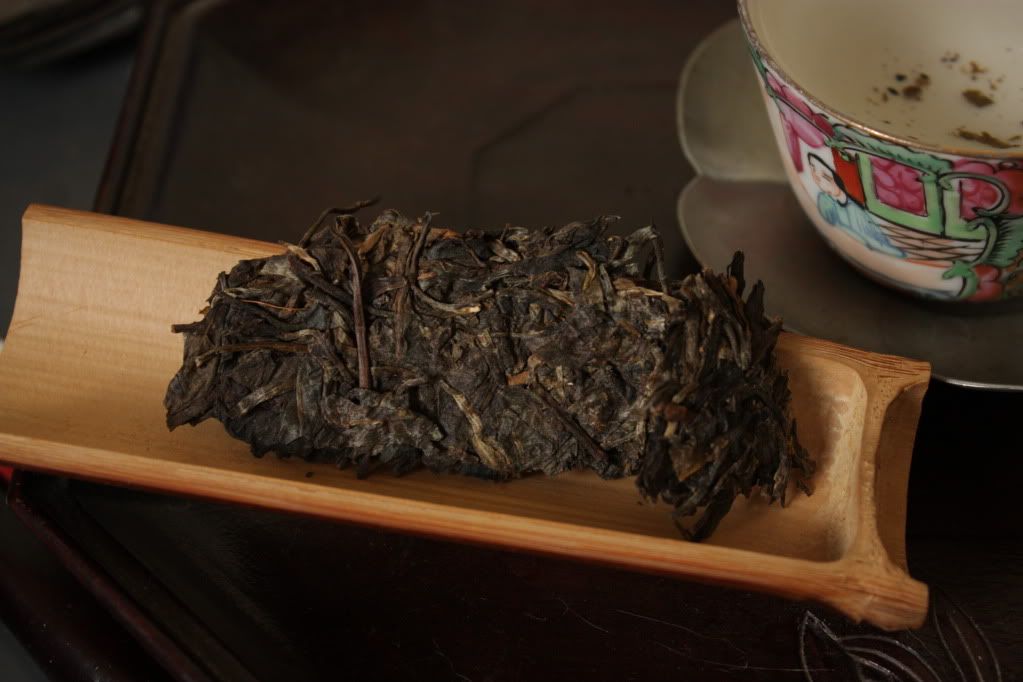
Now, the dry leaves don’t look all that remarkable, but then, they rarely do. Looks, after all, are rather deceiving.
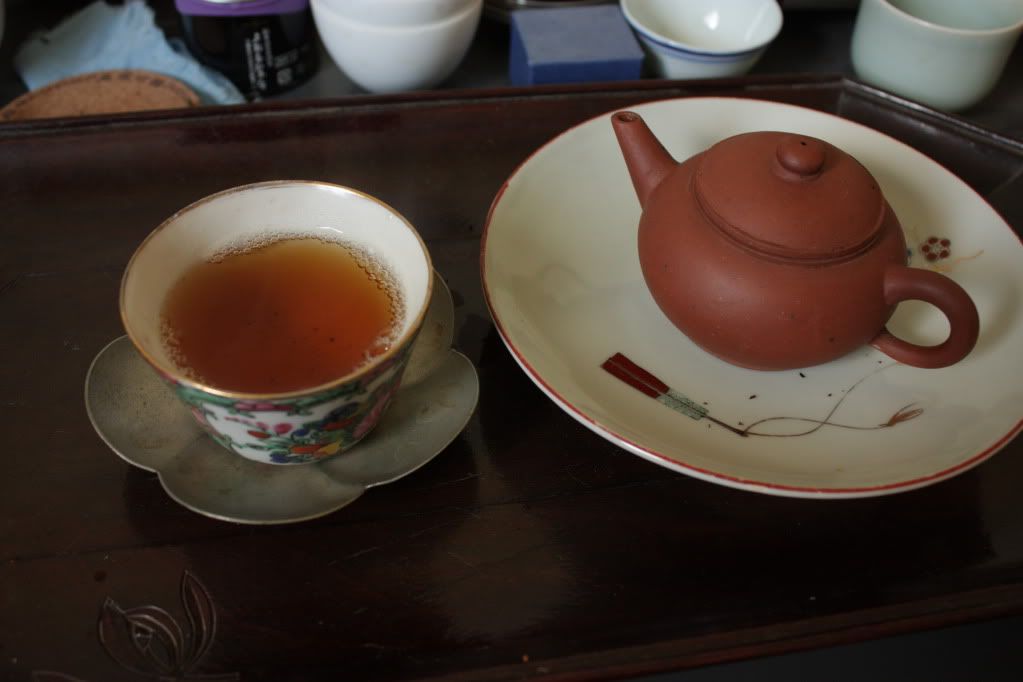
Taste, however, is not, and this tea, I can safely say, is strong. There’s a bitter edge to the tea, only very slightly tempered by time and age. It has lost the greenness of the young puerh, and is moving into that 5-7 years old taste profile. The tea has body, strength, and character, and is the kind of stuff that I like to find in a younger puerh. It also has energy, which is very nice. The bitterness can easily turn off some of the less hardcore of puerh drinkers. This time I made the tea a little weaker. The taste is still strong, although not quite as punchy, but that may be a good thing.
I find it interesting how they suggest using a relatively large gaiwan, rather than a Yixing pot. While I used to subscribe to the idea that using a gaiwan gives of more of the “true” taste of the tea, without the compounding effect of the Yixing pot, I no longer think that’s relevant. After all, if I drink all my young puerh with the same pot anyway, then the problem of teaware affecting the tea is no longer an issue. If a certain tea doesn’t work with my wares, well, too bad, I will just drink something else. Besides, I think great tea will be great no matter what ware you use.
Needless to say, this isn’t much of an issue here.
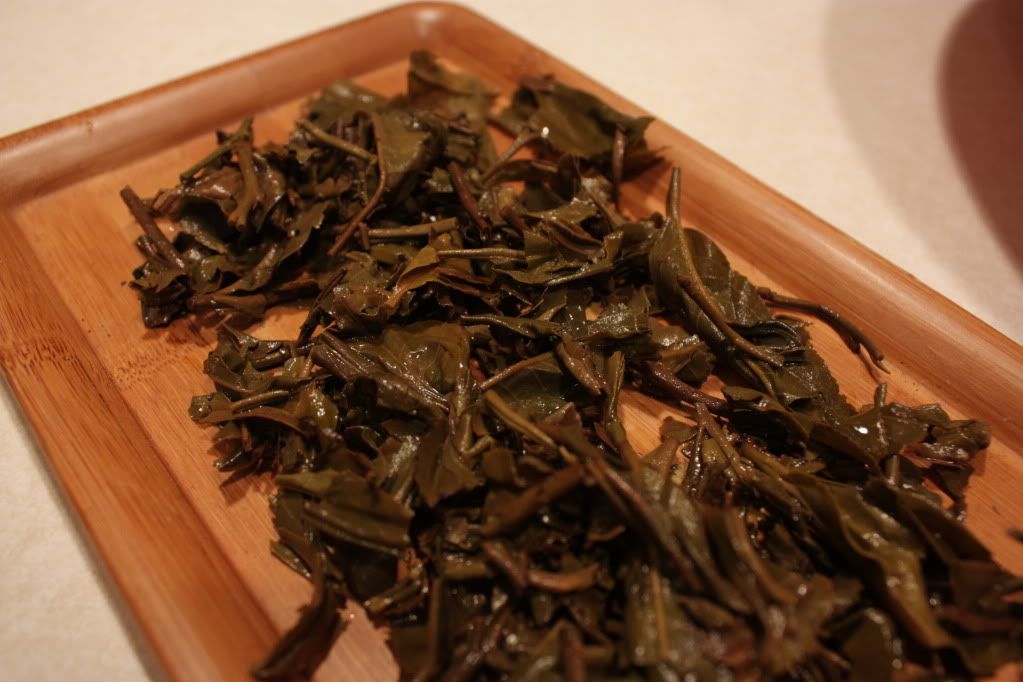
The leaves are somewhat broken here, but that’s partly because of the sample effect. They are nice and sturdy, without being tough, and has that feeling of stickiness on them. Overall, I find this tea to be quite enjoyable. Whether or not it is worth the price of admission is really dependent on the individual. Personally, I find it hard to sink that amount into a cake of new tea that I don’t plan on drinking for a while, but as with all consumption, only the willing buyer pays.
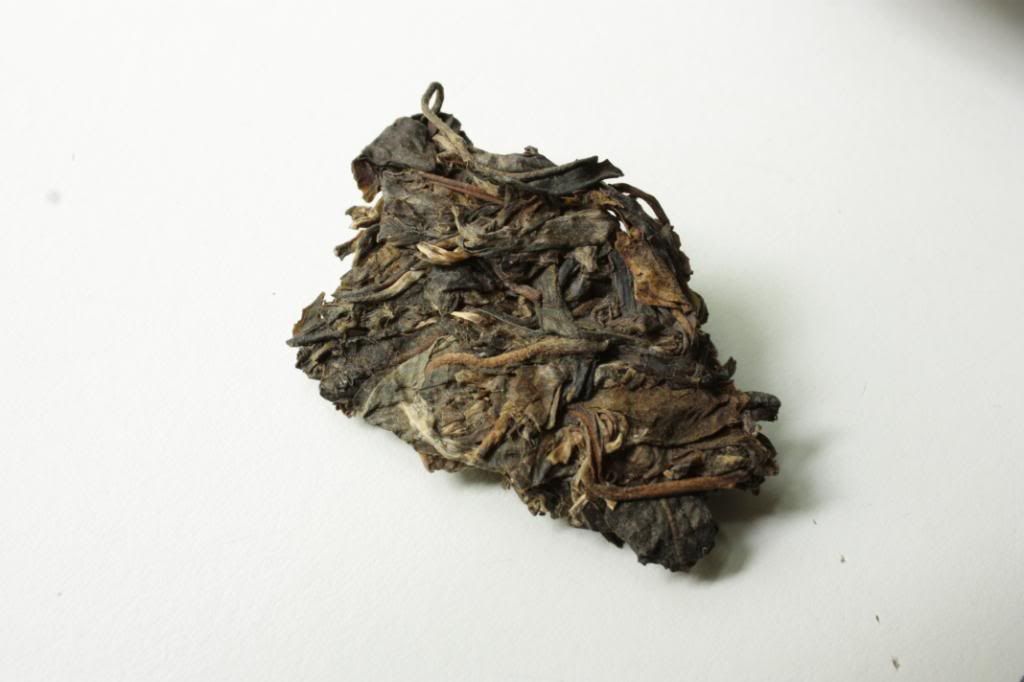
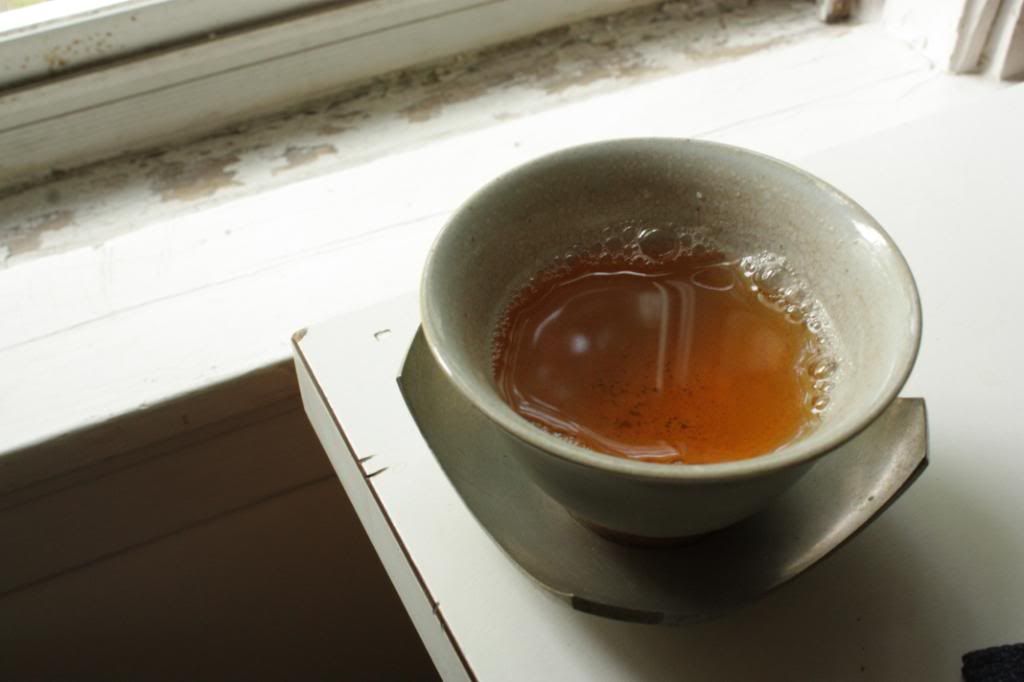




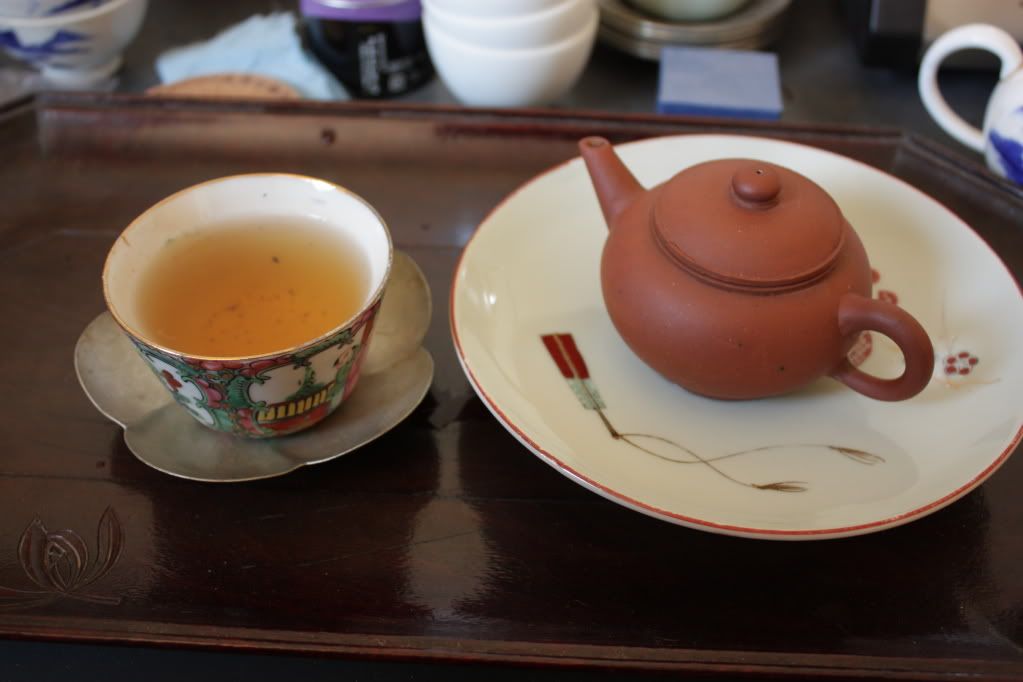
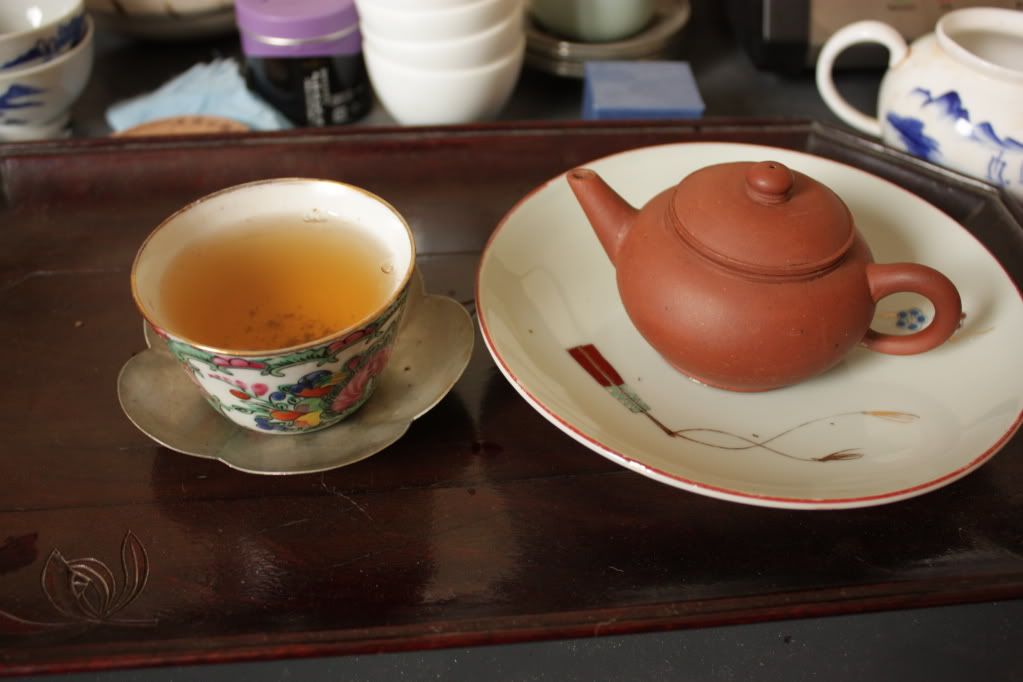
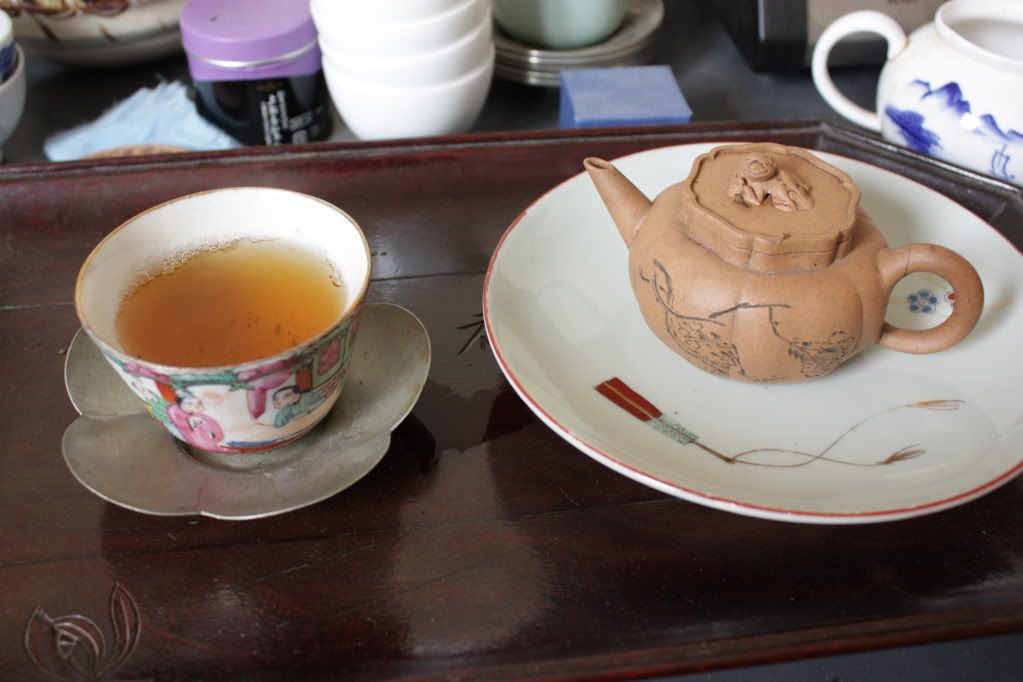

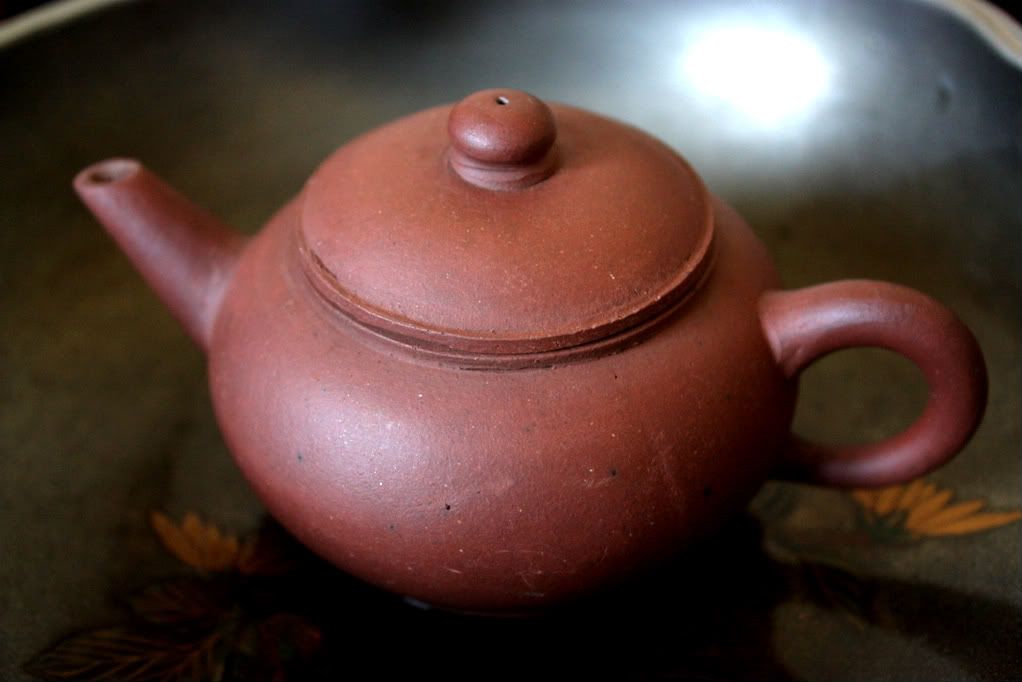
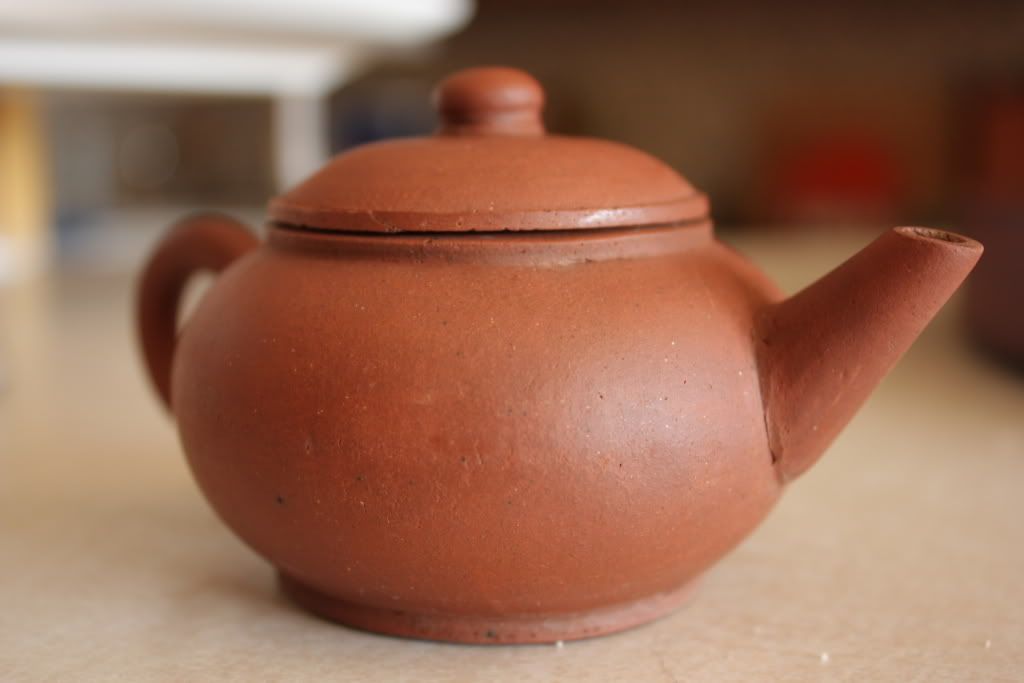
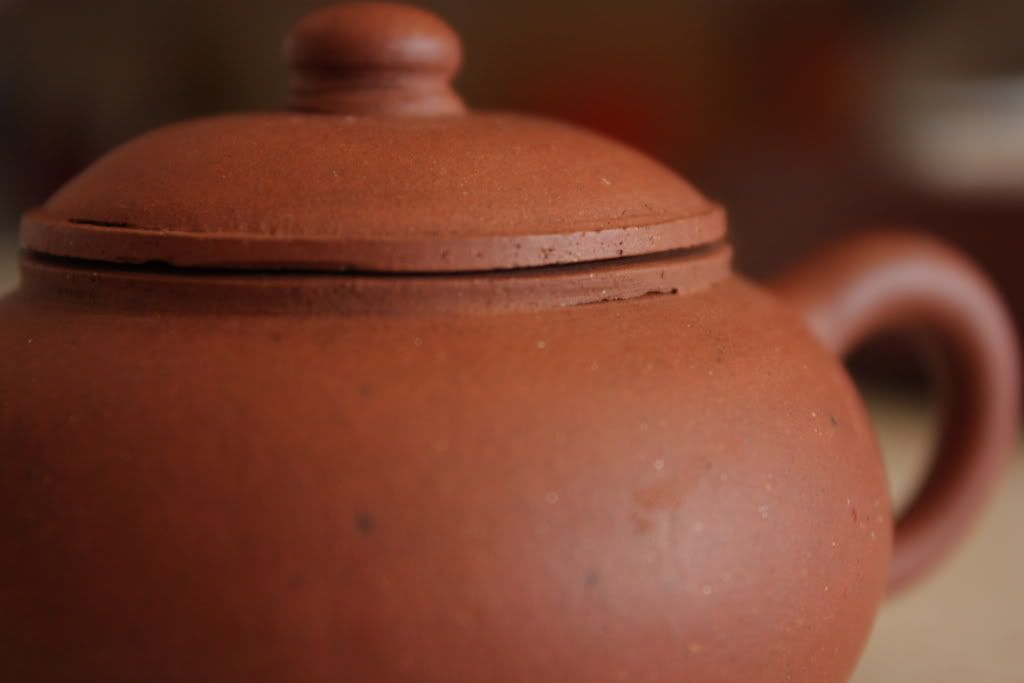
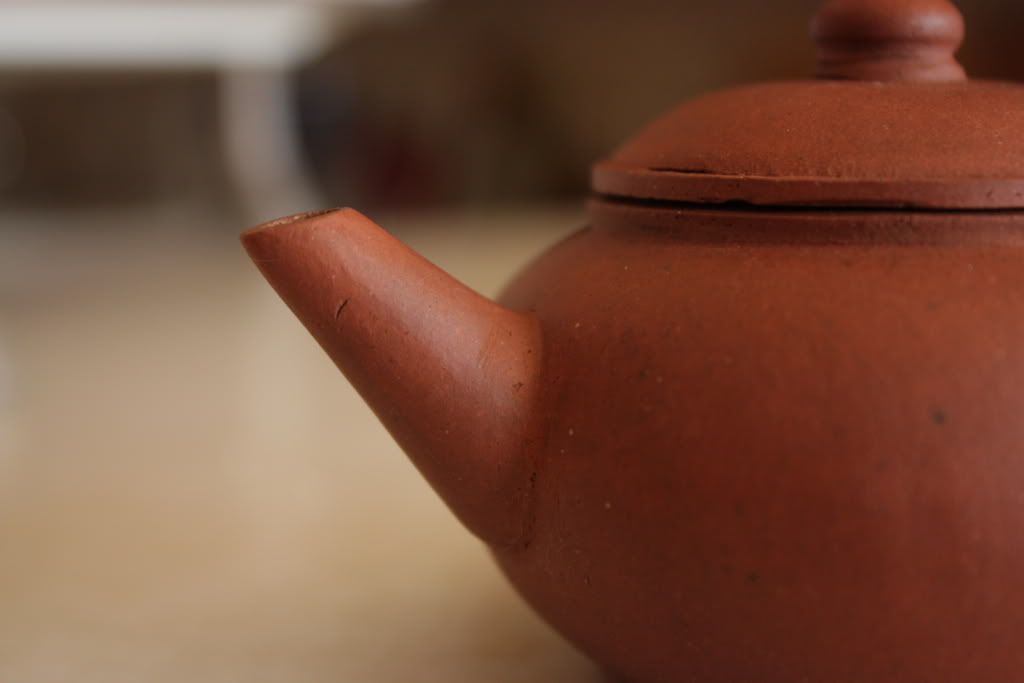
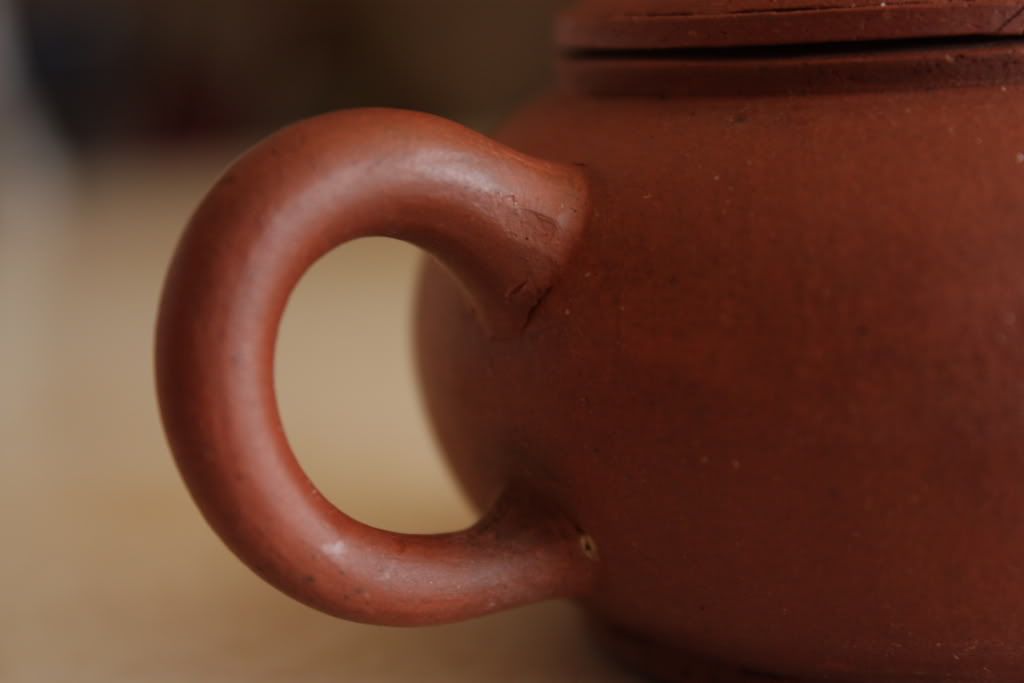
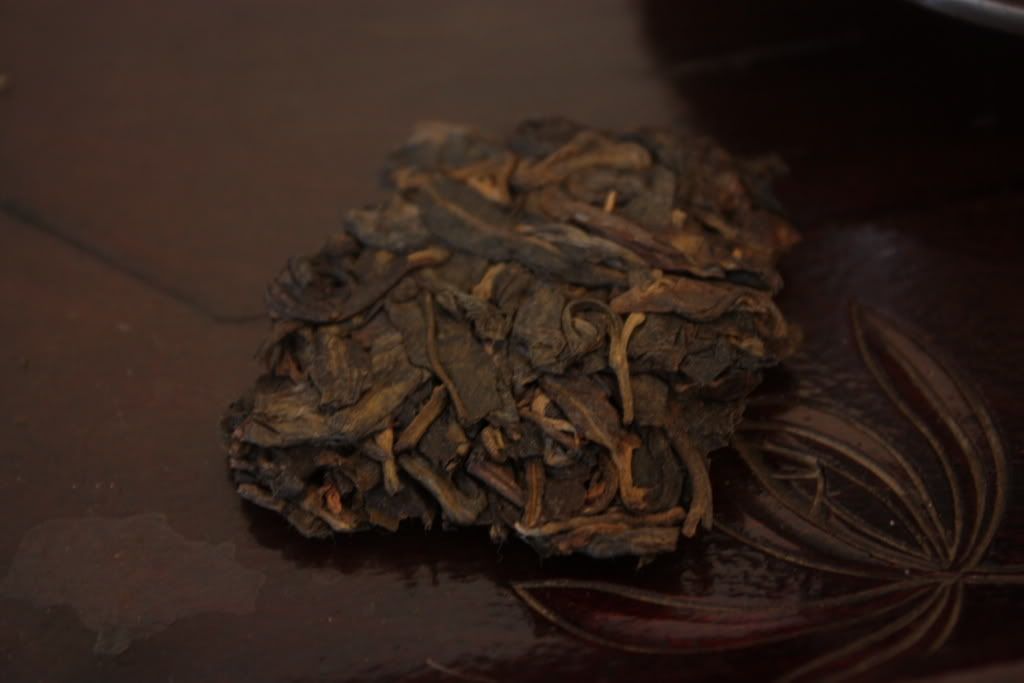
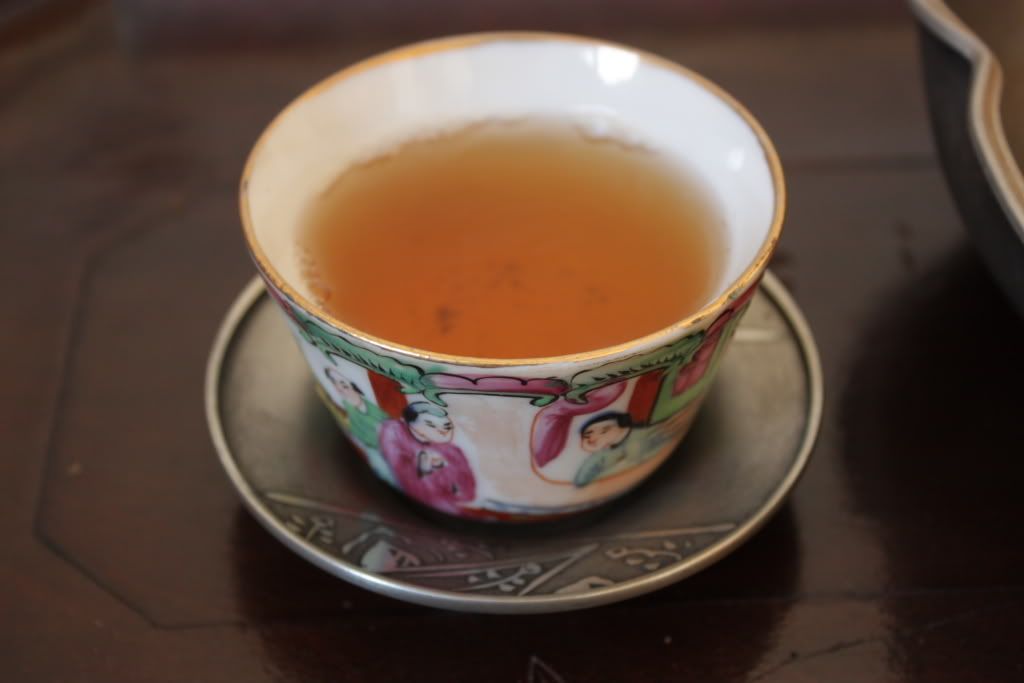
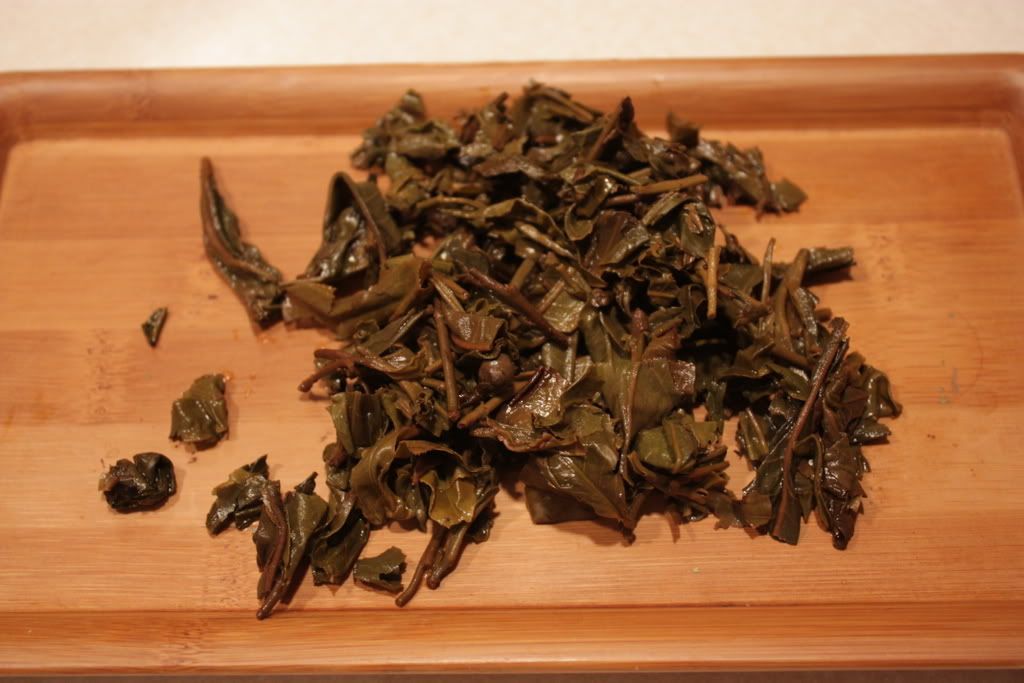
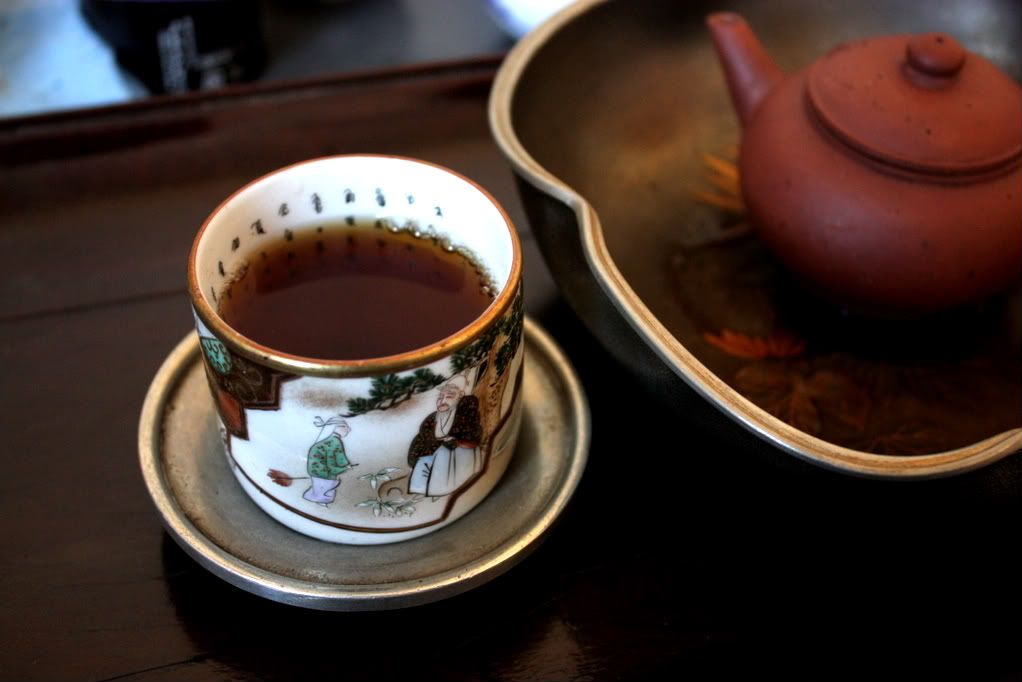
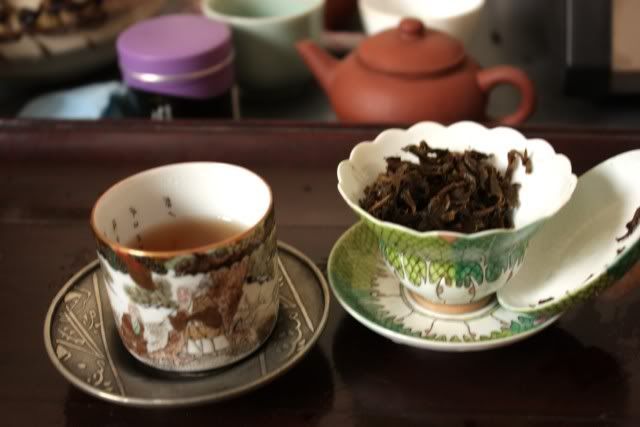
 RSS - Posts
RSS - Posts
I took you at your suggestion and have been reading some of your old post-Covid posts. I haven’t been to…